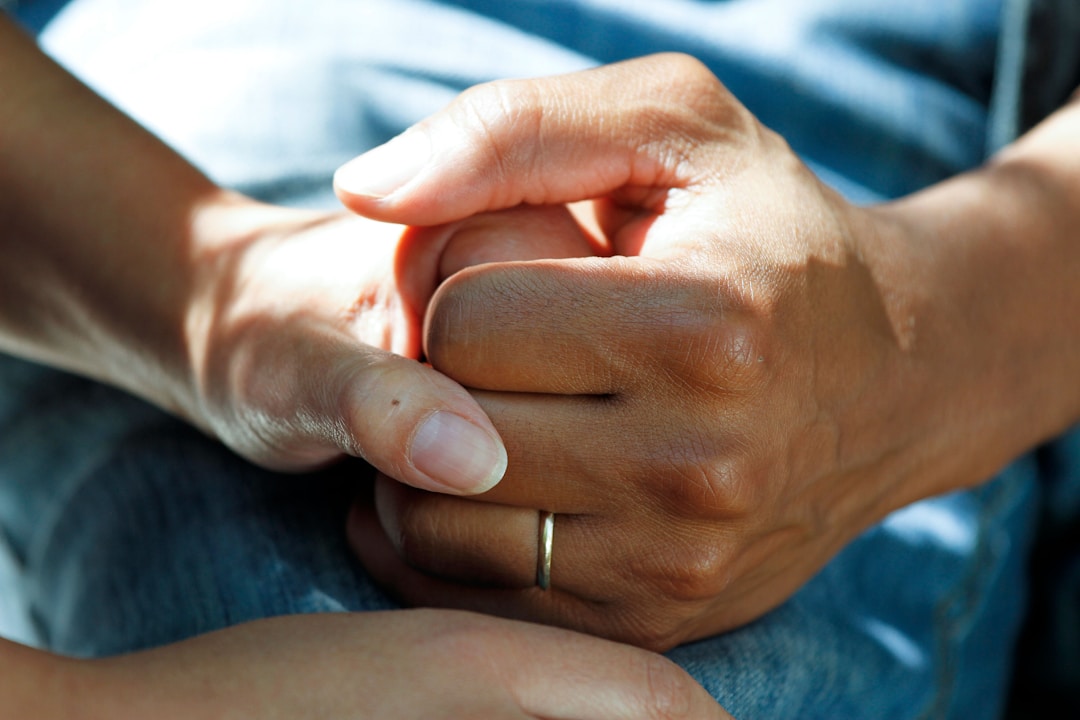A traumatic injury can be a life-altering event, influencing every aspect of one’s existence, from physical capabilities to emotional well-being. The road to recovery is seldom straightforward and often requires a comprehensive and multifaceted approach. To help you navigate this challenging journey, we will discuss strategies tailored to bolster your physical, emotional, and psychological resilience post-injury. Keep reading to discover ways to harness your strength, cultivate positivity, and redefine your life’s trajectory in adversity.
Rebuilding Your Identity and Finding Purpose Post-Injury
A significant injury can disrupt one’s sense of self, often leaving individuals to question their identity and place in the world. This internal struggle can be one of the most challenging aspects of recovery. Engaging in new or modified activities that align with current abilities can help reimagine how to derive fulfillment and a sense of accomplishment. Individuals can rebuild fulfilling lives by engaging with the right resources, like college admissions counselors.
Reestablishing a sense of purpose is crucial to mental health and overall well-being. It may involve redefining career goals, discovering new hobbies, or getting involved in advocacy or volunteer work. These endeavors can provide a sense of contribution and community that imbues life with new meaning.
Personal development is another area to explore during this phase. Individuals can cultivate a refreshed self-image through continued education, learning a new skill, or pursuing a long-held interest. Tapping into creativity can also spark joy and facilitate a positive self-perception.
Throughout this transformative process, patience with oneself is essential. Recovery and self-discovery take time, and it’s important to celebrate every step forward in rebuilding a life that, though different from before, can be equally fulfilling.
Understanding Traumatic Injury and Its Impact on Life
Traumatic injuries can occur when least expected, stunning individuals and their loved ones with their suddenness and severity. The effects of such injuries extend far beyond the physical realm, touching on mental and emotional health, lifestyle, and even the ability to work. It’s crucial to grasp the full scope of these impacts to prepare for the rehabilitation process wholeheartedly.
Physical limitations post-injury can range from temporary immobility to more permanent conditions. Moreover, the financial burden of medical bills, ongoing treatment, and potential loss of income presents a daunting challenge. At this critical juncture, seeking the guidance of trusted personal injury trial attorneys can be instrumental in navigating the legal aspects of your recovery.
The social component of one’s life can also be affected, as relationships may shift or become strained due to the new dynamics of caregiver and dependent. These changes often require an adjustment period for everyone involved, with open communication playing an essential role in maintaining healthy relationships.
Navigating the Emotional Aftermath of a Traumatic Event

The emotional turbulence following a traumatic injury is often profound and can manifest as anxiety, depression, or post-traumatic stress disorder (PTSD). It’s vital to recognize these feelings as a natural response to trauma and seek appropriate mental health support. Professional counselors, peer support groups, or even online communities cater to individuals who have experienced similar challenges.
Part of this emotional journey involves the grieving process, as individuals mourn the loss of their pre-injury life. Acknowledging the grief and working through it with a therapist or in support groups is beneficial for emotional healing. Celebrating small victories during recovery can also be a powerful tool for staying motivated.
For families and caregivers, it’s equally important to be aware of the emotional impact of their loved one’s injury on their own lives. Support networks and resources are available for caregivers to help them cope with their unique stressors and prevent burnout.
The journey of recovery following a traumatic injury is multifaceted, requiring strength, support, and patience. Overall, the relentless pursuit of growth, compassion, and self-discovery paves the way for transformation after trauma.





